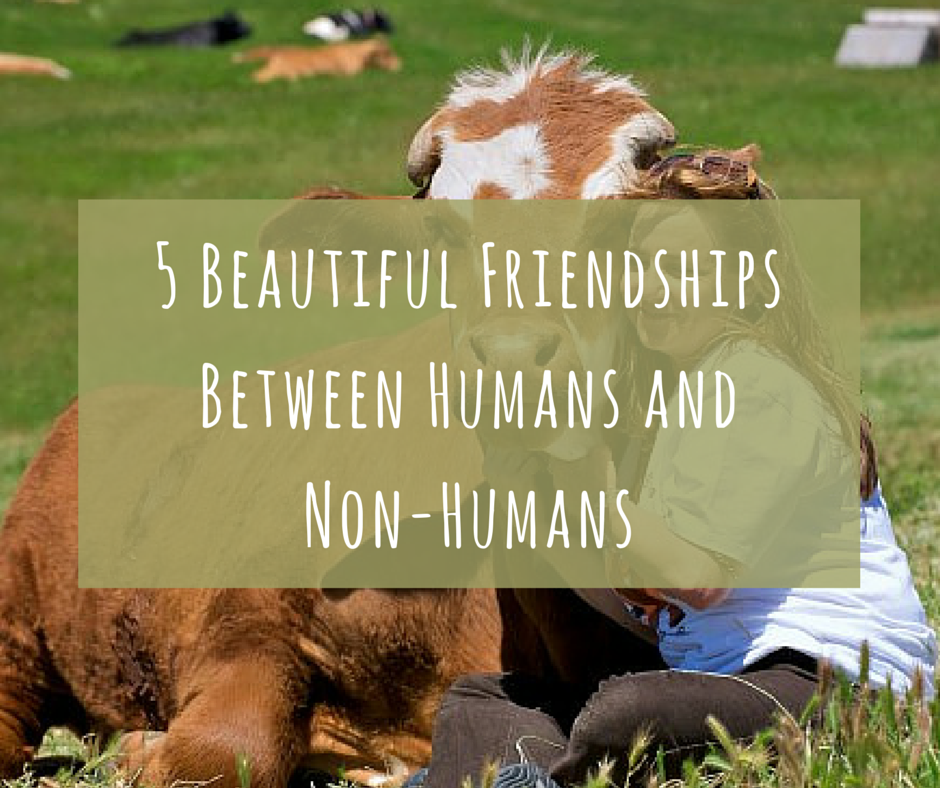
Okay - so you're vegan. You don't eat eggs, honey, meat, dairy, or any other animal derivatives, and you don't touch leather, silk, wool or anything in-between. You're making a real difference. You're being smart with your money and choosing to stand against violence. You've chosen the simplest, most effective way to fight against animal cruelty. But are you doing enough? Is there more you could do?
Of course. There's always more, and we should never stop striving to do better.
Vegans are not automatically perfect people. Many try - but, without doubt, there is always more to be done. A person may be vegan, but they may occasionally make unethical choices regardless. Ethical living extends beyond avoiding animal products.
"Vegans are not automatically perfect people. Many try - but, without doubt, there is always more to be done. Ethical living extends beyond avoiding animal products."
Take animal testing, for example. Veganism, by definition, is about rejecting animal exploitation as far as is practicable and possible. So, while a certain beauty product may contain only plant-derived ingredients, it could be animal tested. A better option, in this case, would be to buy an alternative product that is plant-based and not animal tested. This may seem obvious, but it's something new vegans could easily overlook.
There's also the issue of palm oil. While plant-based, and thus vegan by definition, buying products containing uncertified palm oil is not an ethical choice. It's widely known that palm oil production contributes to deforestation and, consequently, the death of thousands of animals. I'm guilty of this myself: because palm oil is often hidden behind names like "vegetable oil", it takes a little extra effort to avoid it. So, sometimes I'm lazy or forgetful and I don't bother to check. I figure it's still vegan, so I buy it. But now, thinking about it, I know I could do better. And from now on, I will.
This is an important thing for vegans to consider. Sometimes, we are so caught up in the concept of being vegan that we forget about or bypass other important ethical considerations. We think: it's vegan, so it must be ethical. But this is not always true.
Avoiding palm oil is easier than ever before with the new app by Palm Oil Investigations. Similar to the vegan barcode scanner, the POI app allows you to scan products to find out if they contain palm oil. So, for me and others like me, there's no excuse to keep supporting deforestation.
And if you are avoiding animal products, palm oil, and animal tested products, there is more still! Let's never stop striving to do better. While veganism helps animals indirectly, we can also make a direct different in the lives of individual animals.
Could you, for example, sponsor a rescued farm animal? Many farm animal sanctuaries around the world offer this service - for a monthly fee, you will support a rescued animal and receive regular updates about their lives. It's a wonderful way to increase your impact. Or, you could make a direct donation to the sanctuary itself to help all of the residents and their caregivers.

If spending money isn't an option, there are other avenues you can take to reach the same goal. If you can't afford a monetary donation, why not donate your time instead? Many rescue sanctuaries are always in need of a helping hand, even if it's only once or twice a month.
If the resources are available, you could also take a rescue animal into your own home - be it a cat or dog, or someone as small as a chicken or rat, you will be making a genuine difference and saving a genuine life. There's no greater feeling in the world than rescuing an innocent being from the edge of death.
"Of course, for those who are not yet vegan, why not take that first step? Veganism is the simplest way to show your support for animals and take a stand against cruelty."
And of course, for those who are not yet vegan, why not take that first step? Veganism is the simplest way to show your support for animals and take a stand against cruelty. Becoming vegan opens your eyes to what goes on behind the scenes and encourages you to find more and more ways to increase your impact. Take veganism as a moral baseline, and improve upon this baseline as you learn new ways to make a difference.
So let's never stop trying. The animals need our help. For some, being vegan is enough; because for some, veganism is the best that can be done. But if we have the opportunity to do more, we should always take it - in doing so, we'll push the world one step further to the ultimate goal of worldwide peace and compassion.













.png)







